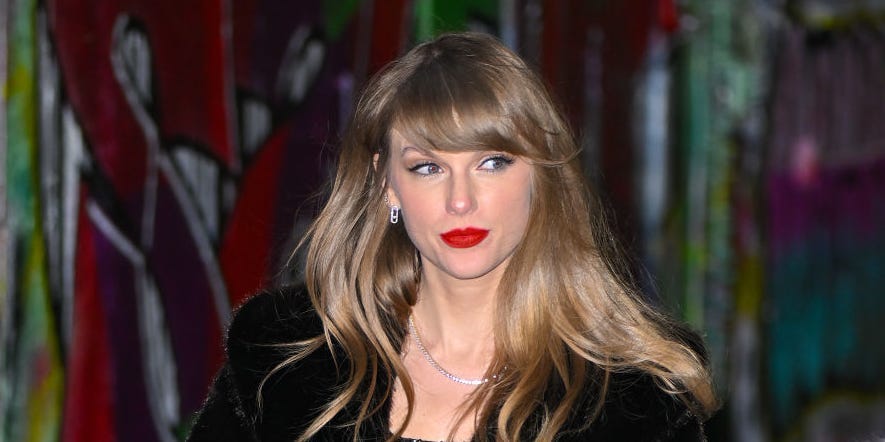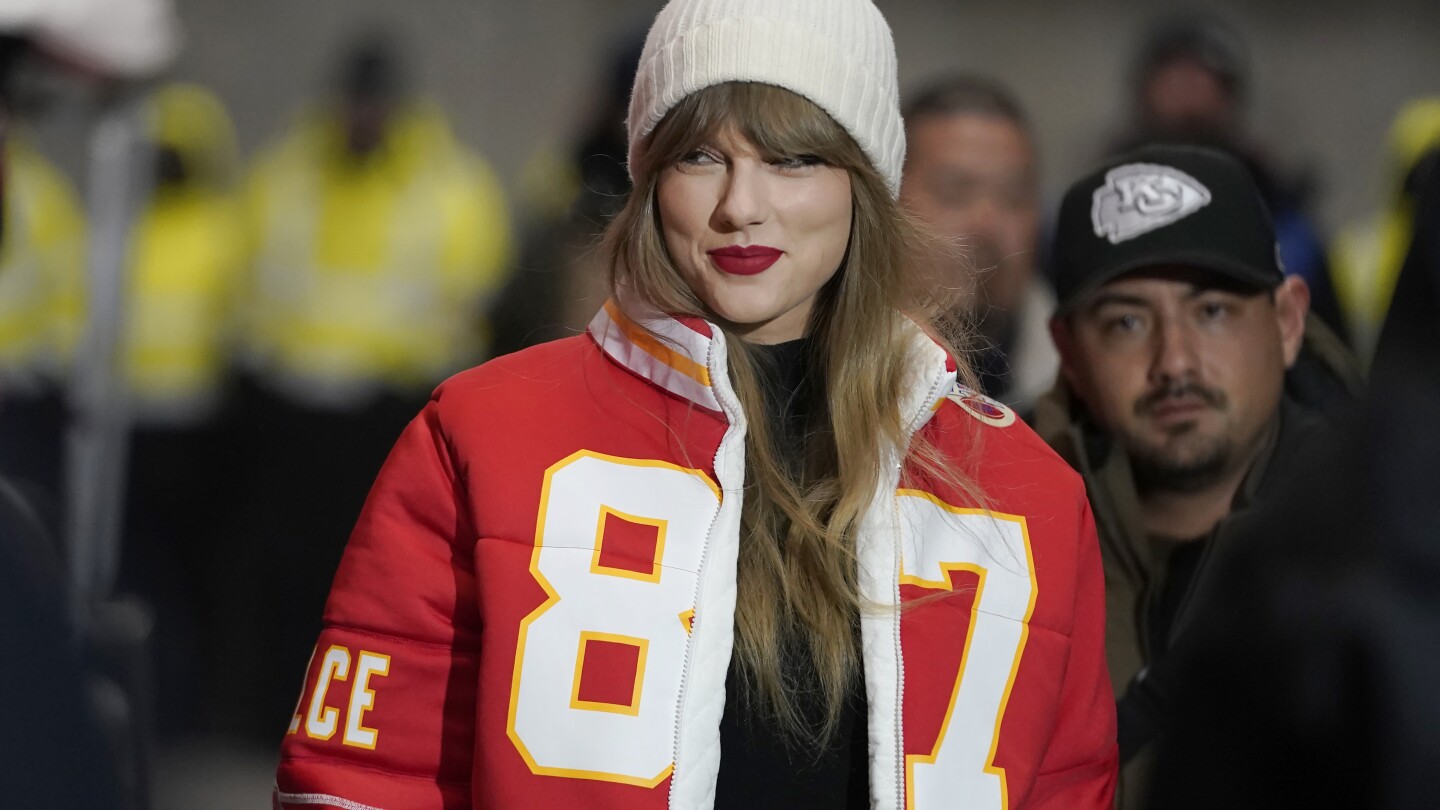Officials are expressing concern over the circulation of fabricated explicit images of Taylor Swift. Have the laws regarding AI truly evolved?

- The dissemination of sexually suggestive AI-generated images of Taylor Swift gained traction on various platforms this month.
- This incident has reignited the call for legislative measures to combat the challenges posed by AI and deepfake technologies.
- While lawmakers introduced two bills last year to address this issue, they were largely overlooked.
Taylor Swift, whose likeness was used in inappropriate AI-generated visuals that circulated on X and Telegram, became the latest target of such artificial intelligence manipulation.
The resurgence of demands for regulatory intervention to mitigate the risks associated with AI and deepfakes is evident.
Recently, pornographic images featuring the music icon began circulating on social media, portraying her in compromising positions at a football stadium during NFL games.
An article showcasing these images, which received over 45 million views and 24,000 retweets before being taken down by moderators after 17 hours, highlights the concerning nature of this trend, as reported by The Verge.
The proliferation of such content has sparked discussions about the alarming rise of AI-generated misinformation online, prompting calls for federal regulations to address this issue.
In response to the potential threats posed by AI and deepfakes in elections, legislation has been introduced in 14 states since the beginning of the year, with reports of fraudulent calls targeting New Hampshire residents in the name of US President Joe Biden.
However, a bill proposed by Democratic Representative Joseph Morelle aims to specifically criminalize the nonconsensual distribution of sexually explicit technologically altered material nationwide.
The Preventing Deepfakes of Intimate Images Act, introduced by Morelle in May 2023, seeks to prohibit the dissemination of illicitly altered sexual content. If enacted, individuals would have the option to file anonymous lawsuits against the creators and distributors of such material.
While the act was received by the House Judiciary Committee, no further action has been taken in the past eight months.
Morelle is just one of many voices advocating for swift legislative action on this issue.
The distribution of AI-generated explicit images of Taylor Swift is alarming, reflecting a broader trend of such violations affecting individuals worldwide, as emphasized in a statement by Morelle on X.
The rapid spread of obvious AI-generated images of Taylor Swift is deeply troubling, and unfortunately, this form of abuse is a daily reality for women globally.
It constitutes a form of sexual abuse, and I am committed to passing the Protecting Deepfakes of Intimate Images Act to address this national crisis.
- January 25, 2024, Joe Morelle (@RepJoeMorelle)
According to Representative Tom Kean Jr., the advancement of artificial technology has outpaced the necessary safeguards, underscoring the urgency for regulatory measures. Kean Jr. became the first Republican co-sponsor of Morelle’s act in November following an incident involving a high school student in his constituency.
Whether the affected individual is @taylorswift13 or any other young person in the country, the implementation of safeguards is imperative to combat this troubling trend, added Kean Jr.
Additionally, Democrat Representative Yvette D. Clarke, an advocate for the Deepfakes Accountability Act, which aims to establish guidelines for AI-generated content creation, has also voiced her concerns. However, this bill has yet to progress beyond initial stages.
Taylor Swift highlighted the pervasive nature of such incidents, emphasizing that AI-generated imagery has been a longstanding issue affecting women and has become more accessible and widespread due to advancements in AI technology.
The recent events involving Taylor Swift are part of a longstanding pattern. Women have been targeted by deepfakes without consent for years, and the evolution of AI has made the creation of such content easier and more prevalent.
Collaboration across party lines is essential to address this issue effectively.
- January 25, 2024, Yvette D. Clarke (@RepyvetteClarke)
While Swift has not publicly addressed the situation, her team is reportedly considering legal action against the platform responsible for disseminating the AI-generated images, as per reports from The Daily Mail.
As one of the most prominent figures globally, Swift’s ordeal sheds light on the pervasive and increasingly common form of sexual harassment represented by AI-generated content.
A report released in 2023 revealed a significant surge in algorithmic videos online, with a disproportionate targeting of women in 98% of manipulated videos.
Many victims, including those in Swift’s position, have faced limited recourse due to the absence of adequate policies addressing such violations.
The recent targeting of Taylor Swift by AI-generated explicit content may signal a turning point in addressing the issue of AI-enabled sexual exploitation.










